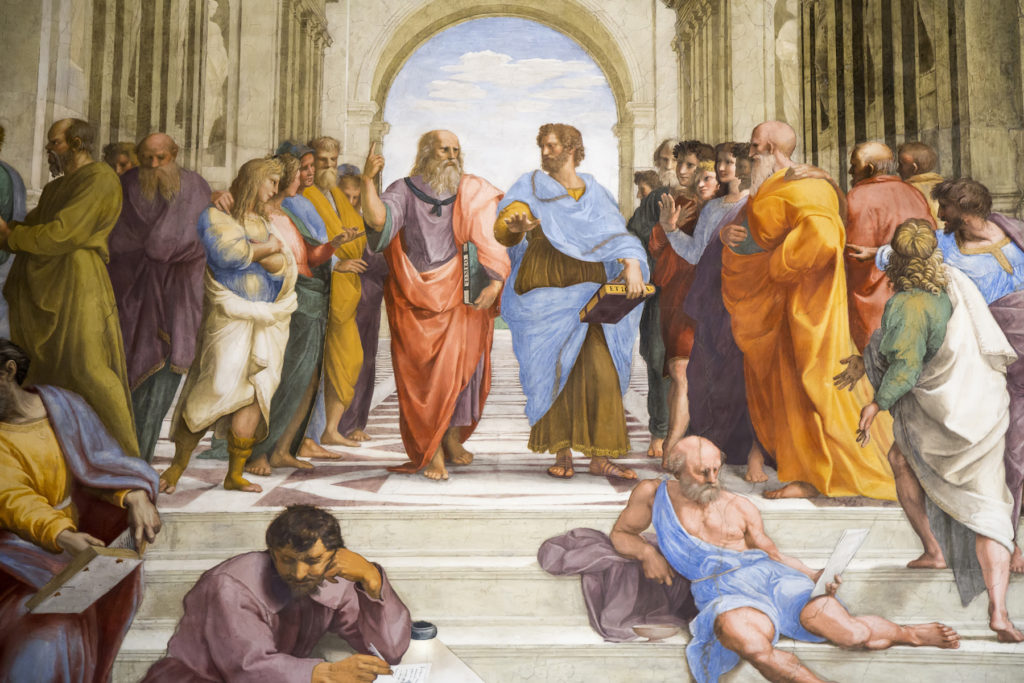Table of Contents
Some Books to Talk About
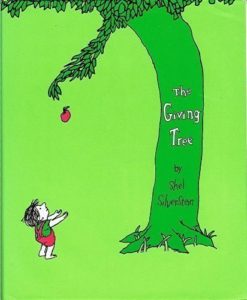 |
In Shel Silverstein’s much-debated picture book The Giving Tree (HarperCollins, 2003), a tree loves a boy – and gives him everything she has until there’s nothing left of her but a stump. For ages 4-8. Check out Ruth Margalit’s pro-and-con review, The Giving Tree at Fifty, in the New Yorker. |
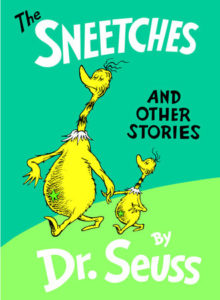 |
By Dr. Seuss, Sneetches and Other Stories (Random House, 1961) includes the story of the Sneeches, some of whom have stars on their bellies – and some of whom don’t. A good jumping-off point to discuss prejudice and diversity. For ages 4-8. |
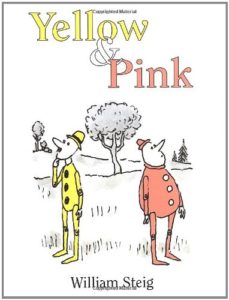 |
In William Steig’s Yellow and Pink (Square Fish, 1988), a pair of painted puppets debate where they came from. Did they just tumble downhill and fall into puddles of paint? Or did someone make them? For ages 5-8. |
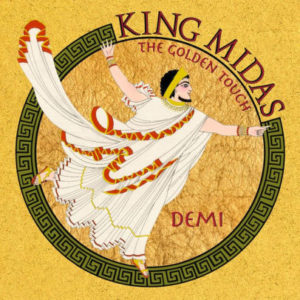 |
What’s happiness? Is it money? There are many editions of the story of King Midas and the Golden Touch – among them Demi’s beautifully illustrated King Midas (Margaret K. McElderry, 2002). All tell the story of the gold-obsessed king who wishes that everything he touched would turn to gold. When he gets his wish, he realizes that he’s made a terrible mistake. For ages 5-9. |
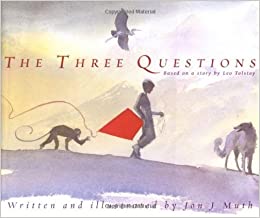 |
Jon J. Muth’s The Three Questions (Scholastic, 2002) – based on a story by Leo Tolstoy – follows a young boy named Nikolai seeking answers to his three questions: “When is the best time to do things?” “Who is the most important one?” “What is the right thing to do?” For ages 5-9. |
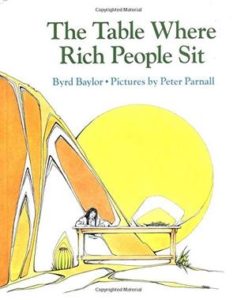 |
What’s a good life? In Byrd Baylor’s The Table Where Rich People Sit (Aladdin, 1998), Mountain Girl is unhappy with her family’s simple lifestyle – why can’t her parents get better jobs so that they could have nicer things? Then her parents point out all the wonders of nature that surround them and Mountain Girl decides that there’s more than one way of being rich. For ages 6-9. |
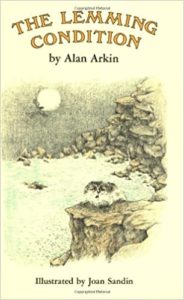 |
Alan Arkin’s The Lemming Condition (HarperOne, 1989) is the story of Bubber, an independent thinker, who isn’t about to jump off a cliff. An opportunity to discuss free will. For ages 8-12. |
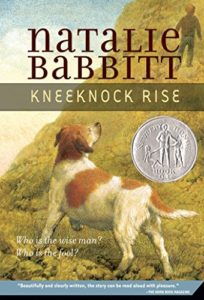 |
In Natalie Babbitt’s KneeKnock Rise (Square Fish, 2007), young Egan arrives in the village of Instep and learns about the Megrimum, the legendary creature who moans and wails at the top of the mountain. When Egan discovers that the source of the sound is a spring in a cave, nobody will believe him. Discuss reality and belief. For ages 9-12. |
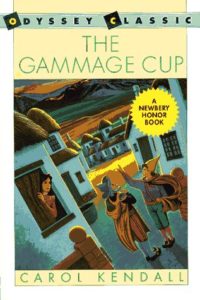 |
Carol Kendall’s The Gammage Cup (HMH, 2000) is a much-under=appreciated fantasy, the wonderful tale of the Minnipins who, in a village competition to win the fabled Gammage Cup, banish non-conformists from their village. The rejected five, however, prove to be heroes when enemies tunnel through the mountains. Discuss differences, independent thinking, and tolerance. For ages 9-12. |
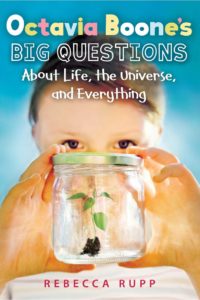 |
In Rebecca Rupp’s Octavia Boone’s Big Questions About Life, the Universe, and Everything (Candlewick, 2012), Octavia struggles to find her way between divorced parents: her Thoreau-quoting artist father and her Biblical literalist mother, now a member of a fundamentalist religious sect. Among her big questions: “Is there a God?” “Why do bad things happen to good people?” “Which religion is the right religion?” “So people have souls or just brains?” “Is there a purpose to life?” The best answer, she finds, comes from Thoreau: “The universe is wider than our views of it.” For ages 9-12. |
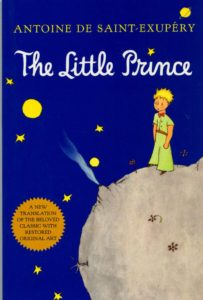 |
Antoine de Saint-Exupery’s The Little Prince (Mariner, 2000) is the enchanting and thought-provoking story of the Little Prince, who comes from a tiny asteroid and travels from planet to planet learning about human nature. Eventually he lands in the Sahara Desert, where he meets a pilot, the victim of a plane crash. For ages 10 and up. |
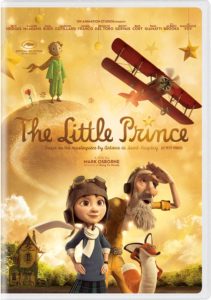 |
The animated version of The Little Prince (2015) is rated PG. |
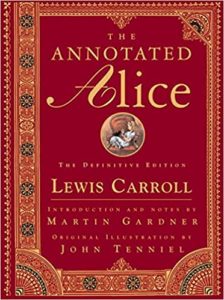 |
The Annotated Alice (W.W. Norton, 2015) contains both Lewis Carroll’s Alice’s Adventures in Wonderland and Through the Looking-Glass, with extensive notes and explanations by Martin Gardner. If you’ve missed any of the word play, allusions, serious nonsense, or philosophical puzzles in Carroll’s works, you’ll find them here. For ages 13 and up. |
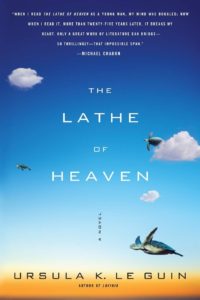 |
In Ursula K. LeGuin’s The Lathe of Heaven (Scribner, 2008), George Orr discovers that his dreams have the power to alter reality – and only he has a memory of what the world was like before the change. He goes to psychologist William Haber for help – only to find that Haber wants to harness George’s power to further plans of his own. Fascinating – and a great discussion book for teens and adults. |
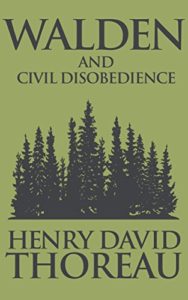 |
Henry David Thoreau’s Walden and Civil Disobedience – available in many editions and often published together – are standards of pre-college reading lists. See more resources for Henry David Thoreau. |
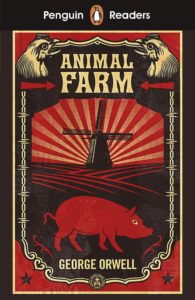 |
George Orwell’s Animal Farm – also a standard on reading lists – is also available in many editions, including a graphic novel adaptation (Mariner Books, 2020). In an allegory about the Russian Revolution and Stalinism, mistreated farm animals hope to create a new and ideal world – which the farm’s pigs, Snowball, Napoleon, and Squealer, transform into a political philosophy known as “animalism.” Soon, however, in place of the hoped-for egalitarian society, Animal Farm becomes a corrupt dictatorship. For ages 13 and up. |
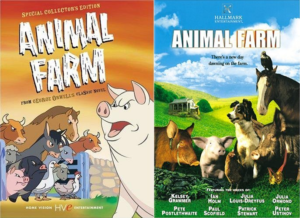 |
There are two movie versions of Animal Farm, one an animated version (1954); the other an animatronic version from 1999. See a critical comparison here. |
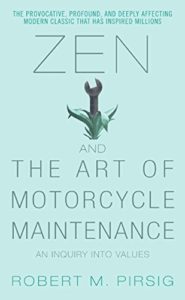 |
What is quality? Robert M. Pirsig’s Zen and the Art of Motorcycle Maintenance (William Morrow, 2005) turns a father-son motorcycle trip into an exploration of the nature of a good life. For teens and adults. |
Games and Experiments
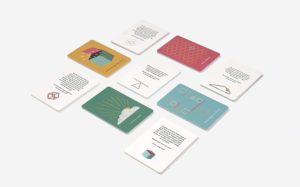 |
From the School of Life, Philosophical Questions for Curious Minds is a card game of challenging questions based on some of the major conundrums of philosophy. (Imagine you and your best friend swapped brains – which person would be you?) A terrific addition to the family dinner table. For ages 8 and up. |
|
Philosophical Questions is a long online list, categorized under Human Nature and the Human Condition, The Universe and Reality, The Human Mind, Ethics and Morality, Society and Government, and Science and Technology. Make your own philosophical questions game! |
|
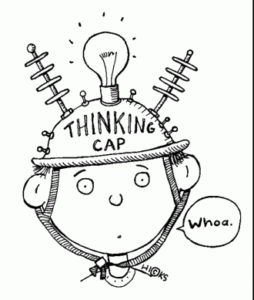 |
Philosophy Experiments is an online interactive collection of philosophical challenges. Problems include “Should You Kill the Fat Man?” “Would You Eat Your Cat?” and “Framing the Epidemic.” Prepare for interesting, but tough, decisions. |
 |
Philosophy through videogames? From PC Games, check out this list. |
